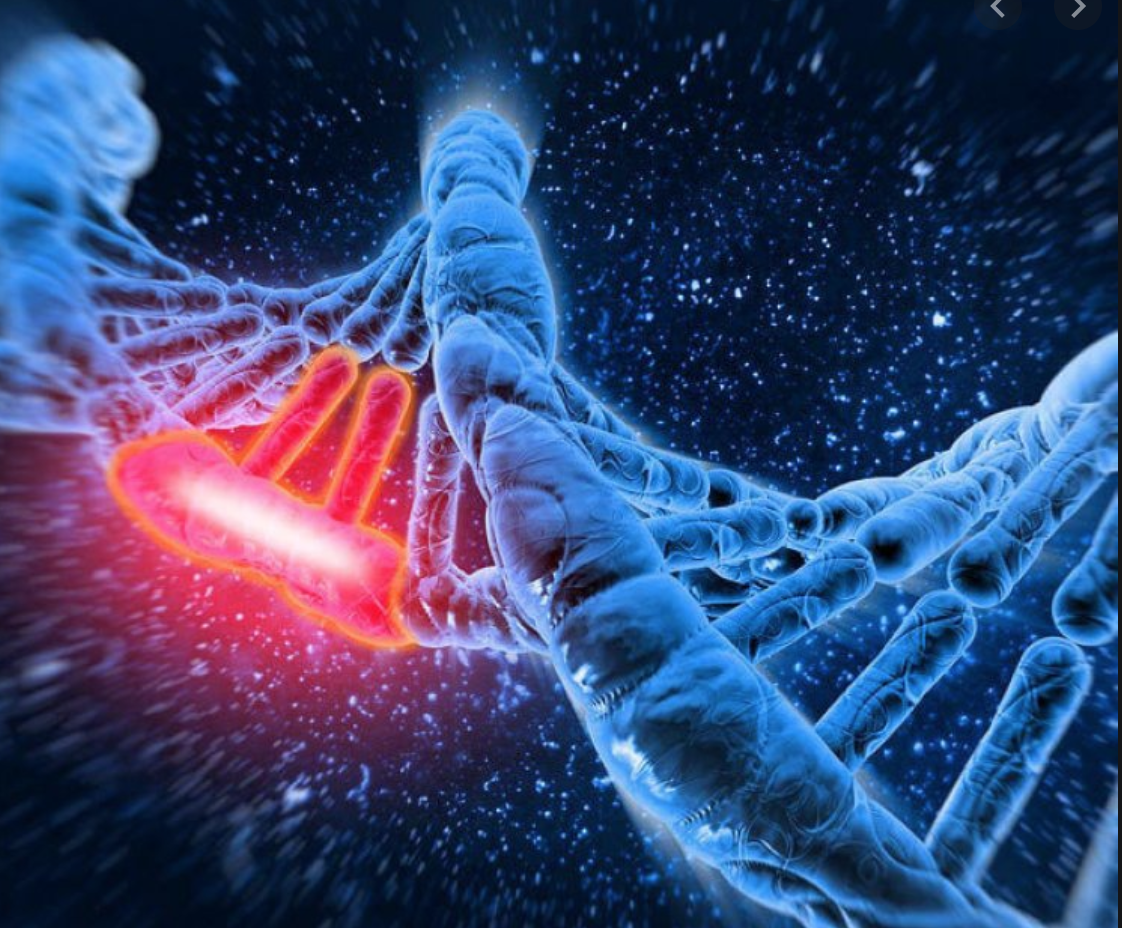Genetic Mutations- Harmful or Helpful?
When you think of mutations, what do you imagine? Are they problematic or are they helpful? To answer this question, let’s take a look at its definition. A mutation is a random change in genetic material. This means that it can affect anything with DNA or RNA. Although they are random, external factors like sunlight, certain chemicals, or radiation can increase the chances of a mutation. In addition, internal factors such as DNA replication issues can do the same thing too.
So when a mutation occurs, at least one DNA base is changed. DNA codes for proteins, and proteins are responsible for different traits. If there is a mutation, the altered DNA may cause a change in an organism’s traits. This is called a gene mutation. For example, mutations in the genes that influence pigment proteins explain why people have different colored eyes. Other examples are genetic diseases such as sickle cell anemia. Chromosomal mutations are another type. This happens when a long segment of DNA is changed. DNA segments can be duplicated, deleted, inverted (reversed), or translocated (attached to another chromosome). Mutations can also be inherited, meaning they can be passed down to offspring. If a new trait is helpful for survival, there is a higher chance that it will be passed down. As a result, you can see how different organisms are so diverse. Mutations can lead to genetic variation, and, ultimately, to evolution!
To answer the question at the beginning, we now know that mutations can be beneficial or harmful. But, they can be neutral as well. Silent mutations are changes in DNA that do not change protein function. In other words, like the name implies, they do not make “noise”.
Genetic Mutations
Picture Source: geneticliteracyproject.org

